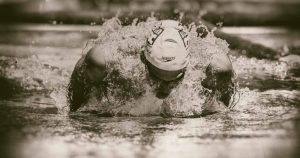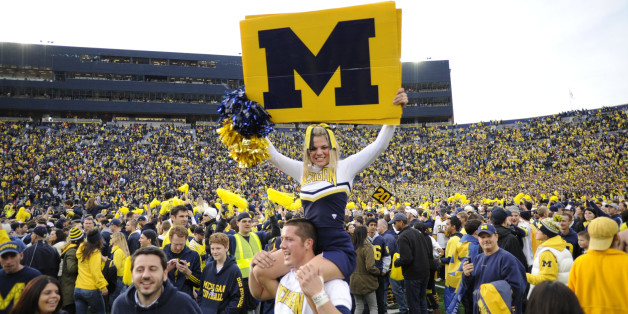Read the original story on SwimSwam.com

May was mental health awareness month. In that month, we had the opportunity to read many individuals trials and tribulations in dealing with their own mental health. From the incredibly talented Allison Schmitt speaking about her post Olympic depression to others in our community expressing how common it is to work through depression, anxiety, eating disorders and many other mental health struggles. A common theme in these personal accounts is how these individuals sought help and got better because of it. The conversation has begun nationally, MENTAL HEALTH MATTERS.
I wanted the opportunity to share some of the research I have been involved with or my colleagues have conducted, to help continue the shift in the way we think about mental health.
- Half of all serious adult psychiatric illnesses – including major depression, anxiety disorders, and substance abuse – start by 14 years of age. Three-fourths of them are present by 25 years of age.
- An estimated 26 percent of Americans ages 18 and older – or about 1 in 4 adults – live with a diagnosable mental health disorder.
- More than half of college students have had suicidal thoughts and 1 in 10 students seriously consider attempting suicide. Half of students who have suicidal thoughts never seek counseling or treatment.
- Mental health issues in the student population, such as depression, anxiety, and eating disorders, are associated with lower GPA and higher probability of dropping out of college. (Active Minds Network)
- 90% of student athlete’s who are struggling with a mental health concern, do not seek help.
- 63% of student athletes surveyed stated their mental health affected their performance in the last 4 weeks. (Athlete’s Connected Research)
These research findings are substantial and critical in moving forward with encouraging help seeking for those around us. Continuing to reiterate the message that you are not alone is not only seen from these facts and figures but heard from the honest and forthcoming accounts recently. We are in a position to change these statistics as mentioned above those who have shared their story have gotten better from the help they sought. Let us continue to reduce the stigma! As mentioned in a previous article working on your mentality is no different than working on your stroke or strength.
It does not matter if you are struggling with depression, anxiety or just want to live a happier, fuller, and more-well rounded life your mental health is important and key to achieving the goals you set forward. Here at Michigan, we emphasis meeting the student athlete where they are. Whether the individual feels they are at a 2 or a 7 out of a 10 we want them to be better, to feel better, and to live better. You do not have to be at Michigan to embrace this mentality. We have seen through research conducted and through our work that the better an individuals well being the better student, athlete and person they become.
We now have the opportunity to make a push in changing the culture, starting the conversation, and encouraging help seeking in those around us.






 Original story on
Original story on 
